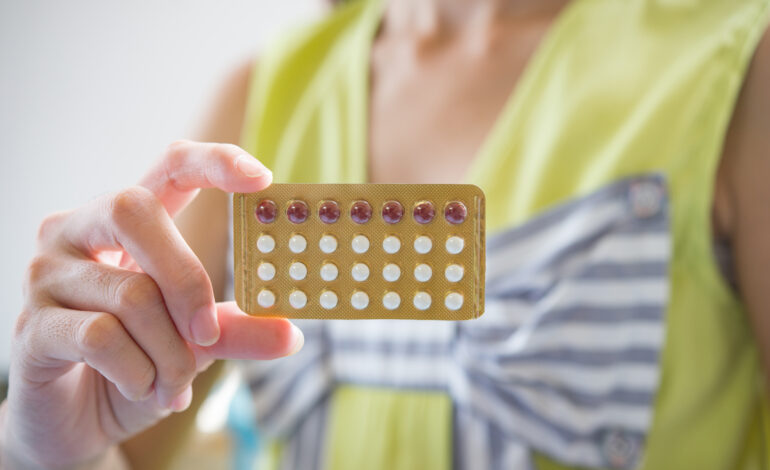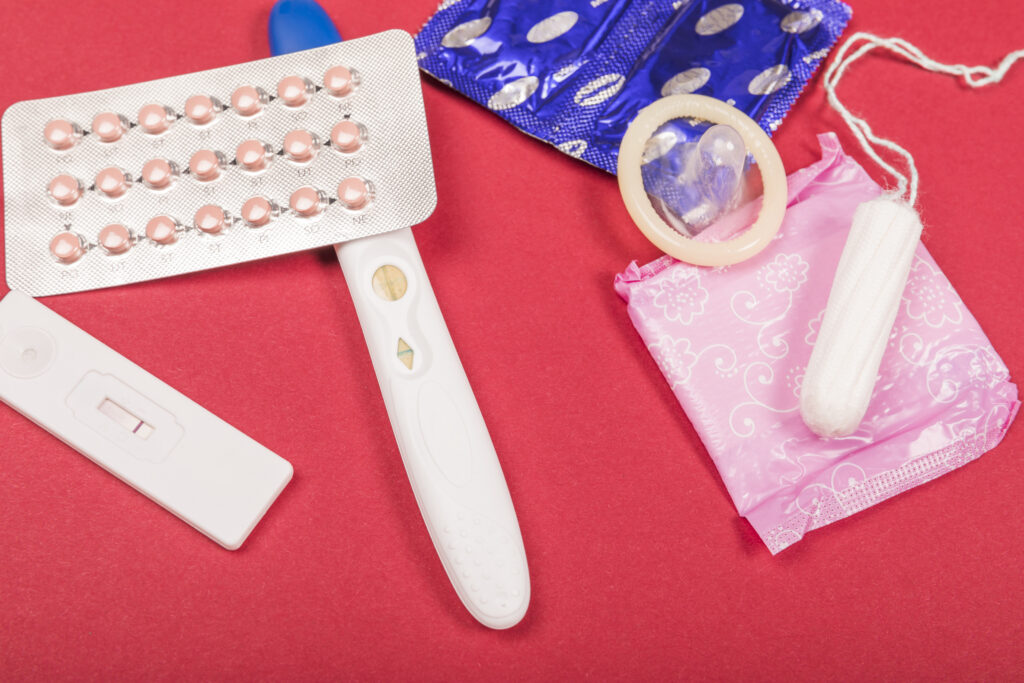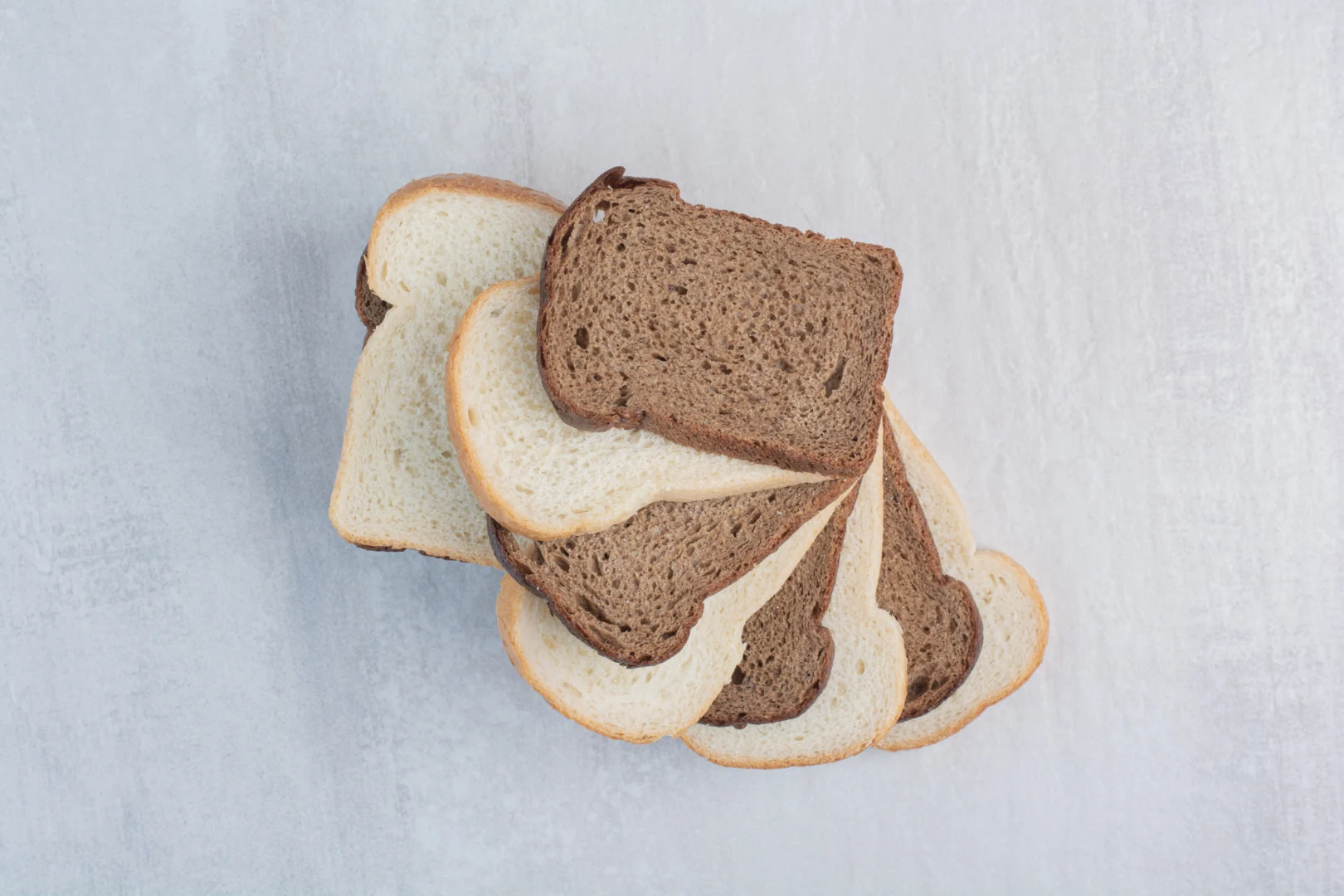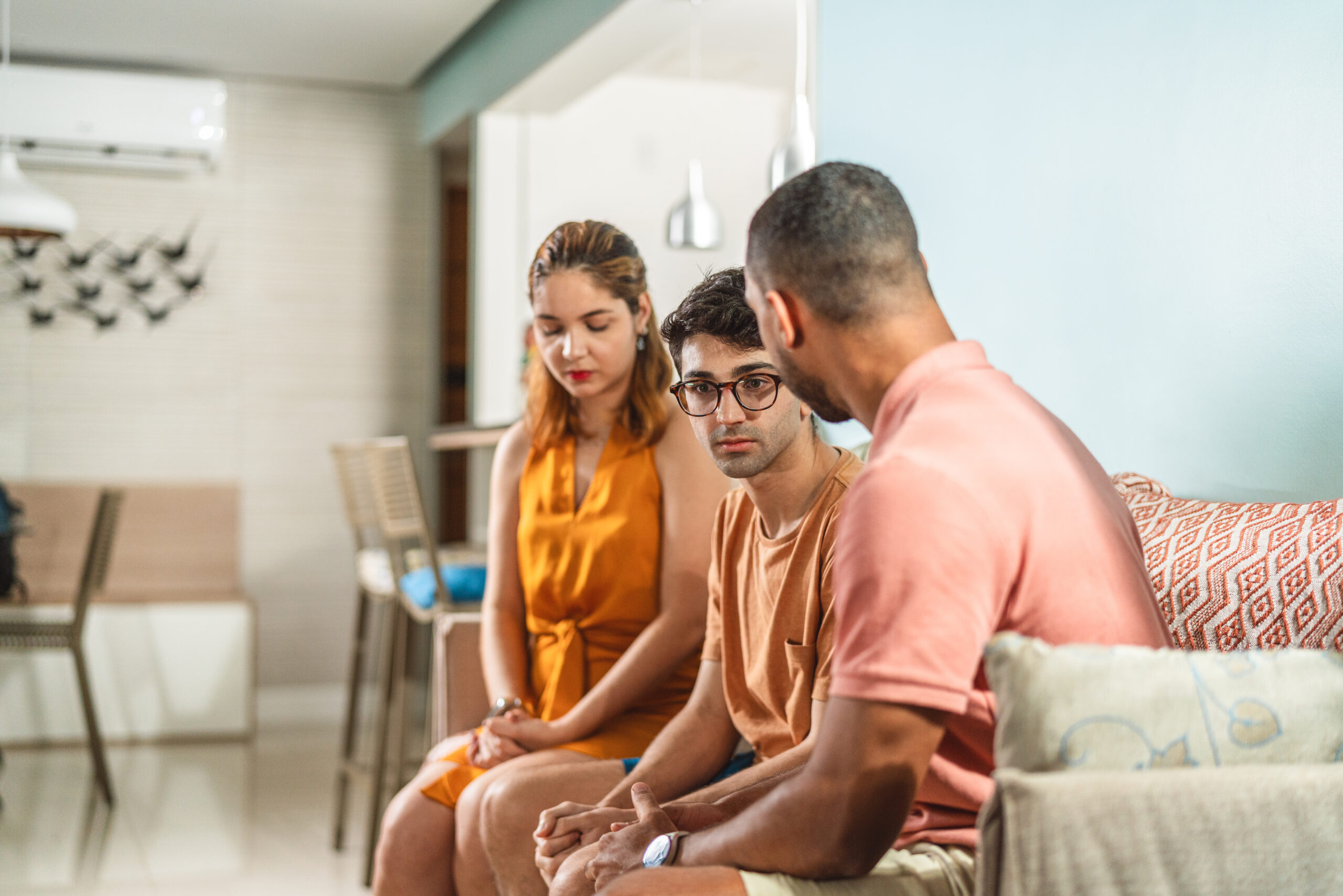Birth Control Methods You Need to Know: My Journey Through IUDs, Pills, and Emergency Contraception
Talking about birth control isn’t always easy. For many of us, it’s wrapped in confusion, mixed messages, and sometimes, frustration. I’m Danice Gaines, and over the years, birth control has

Talking about birth control isn’t always easy. For many of us, it’s wrapped in confusion, mixed messages, and sometimes, frustration. I’m Danice Gaines, and over the years, birth control has been a huge part of my life—sometimes empowering, sometimes complicated. Whether you’re just starting to explore your options or have been navigating contraception for a while, I want to share what I’ve learned about popular methods, including IUDs and emergency contraception, with honesty and clarity.
Why Birth Control Is More Than Just Prevention

Birth control is not just about avoiding pregnancy—it’s about control over your body, your choices, and your future. For many women, including myself, it’s a deeply personal decision influenced by health, relationships, and lifestyle.
When I first started looking into birth control, I felt overwhelmed by the sheer number of options and the pressure to find something “perfect.” I wasn’t just protecting myself from pregnancy—I was managing mood swings, menstrual cramps, and my own sense of wellbeing.
My Experience with IUDs: Freedom and Challenges
One of the most talked-about birth control options today is the intrauterine device, or IUD. When I first got an IUD, I was drawn by the promise of long-lasting protection without daily effort.
What Is an IUD?
An IUD is a tiny T-shaped device inserted into the uterus by a healthcare professional. There are two main types:
- Hormonal IUDs, which release a small amount of hormone to prevent pregnancy, often reducing periods or making them disappear altogether.
- Copper IUDs, which are hormone-free and create an environment that’s toxic to sperm.
The Good
The best part about my IUD was the freedom. No pills to remember, no interruption in the heat of the moment. It gave me peace of mind, knowing I was covered for years.
The Not-So-Good
But it wasn’t perfect. The insertion was uncomfortable—more than I expected—and I experienced some spotting and cramps for months. I also had moments of doubt: Could it shift? What if it failed? These thoughts crept in despite the stats that say IUDs are over 99% effective.
Many women share these fears, and it’s important to remember that while IUDs are incredibly reliable, no method is 100%. That’s where open communication with your doctor and partner comes in.
Oral Contraceptives: The Daily Commitment
Before my IUD, I was on the pill for several years. The pill was convenient in some ways—it helped regulate my periods and even cleared up some skin issues—but it required vigilance.
I had those days where I’d forget a pill or two, which made me anxious about whether I was protected. Plus, the hormones sometimes affected my mood and libido, creating a rollercoaster that I wasn’t always prepared for.
For many, the pill is a great option, but the daily commitment and side effects mean it’s not for everyone.
Emergency Contraception: The Backup Plan That Saved Me
Emergency contraception (EC) is a topic that doesn’t come up enough, probably because of the stigma attached. I want to be clear: EC isn’t an abortion pill. It’s a safety net—a way to prevent pregnancy after unprotected sex or contraceptive failure.
There was a moment in my early 30s when my partner and I had a condom break. Panic set in. I took emergency contraception within 24 hours, and thankfully, it worked. It was a relief but also a reminder that accidents happen, and it’s okay to have options.
There are two main forms of EC:
- Morning-after pills, which are most effective when taken as soon as possible after unprotected sex.
- Copper IUDs, which can be inserted up to five days after and provide ongoing contraception.
Having EC in your toolkit is empowering—just remember it’s a backup, not a primary method.
Navigating Conversations About Birth Control
One of the hardest parts of birth control, in my experience, has been talking about it. With partners, friends, and sometimes even doctors. There’s a vulnerability to admitting you want control over your reproductive health.
But I’ve learned that clear communication is key. When I shared my needs and concerns, relationships grew stronger, and my choices were respected.
If you suspect a partner isn’t honest about their sexual health, or if you’re unsure about your own protection, talk about it before intimacy. It might feel awkward, but it’s worth it.
Read About: Egg Freezing and the Myth of Control: What Science, Hope, and Biology Don’t Always Agree On
When Choosing Birth Control, Remember: It’s About You
Here are some questions I asked myself—and I suggest you do, too:
- How important is it for me to have a method I don’t have to think about every day?
- Am I okay with hormones, or do I prefer hormone-free options?
- What side effects am I willing to tolerate?
- How soon might I want to get pregnant in the future?
- How important is STI protection alongside pregnancy prevention?
Your answers will guide you to a method that fits your unique needs.
Empowerment Through Knowledge
Birth control is a journey, not a one-time decision. It’s okay to switch methods, to ask questions, and to prioritize your wellbeing.
If you feel overwhelmed, remember you’re not alone. Millions of people face the same choices, doubts, and fears. The key is to stay informed, advocate for yourself, and lean on your healthcare providers and support systems.
Whether you choose an IUD, the pill, condoms, or keep emergency contraception handy, the right birth control is the one that makes you feel secure, respected, and in control.
By Ravoke News Desk for Ravoke.com








